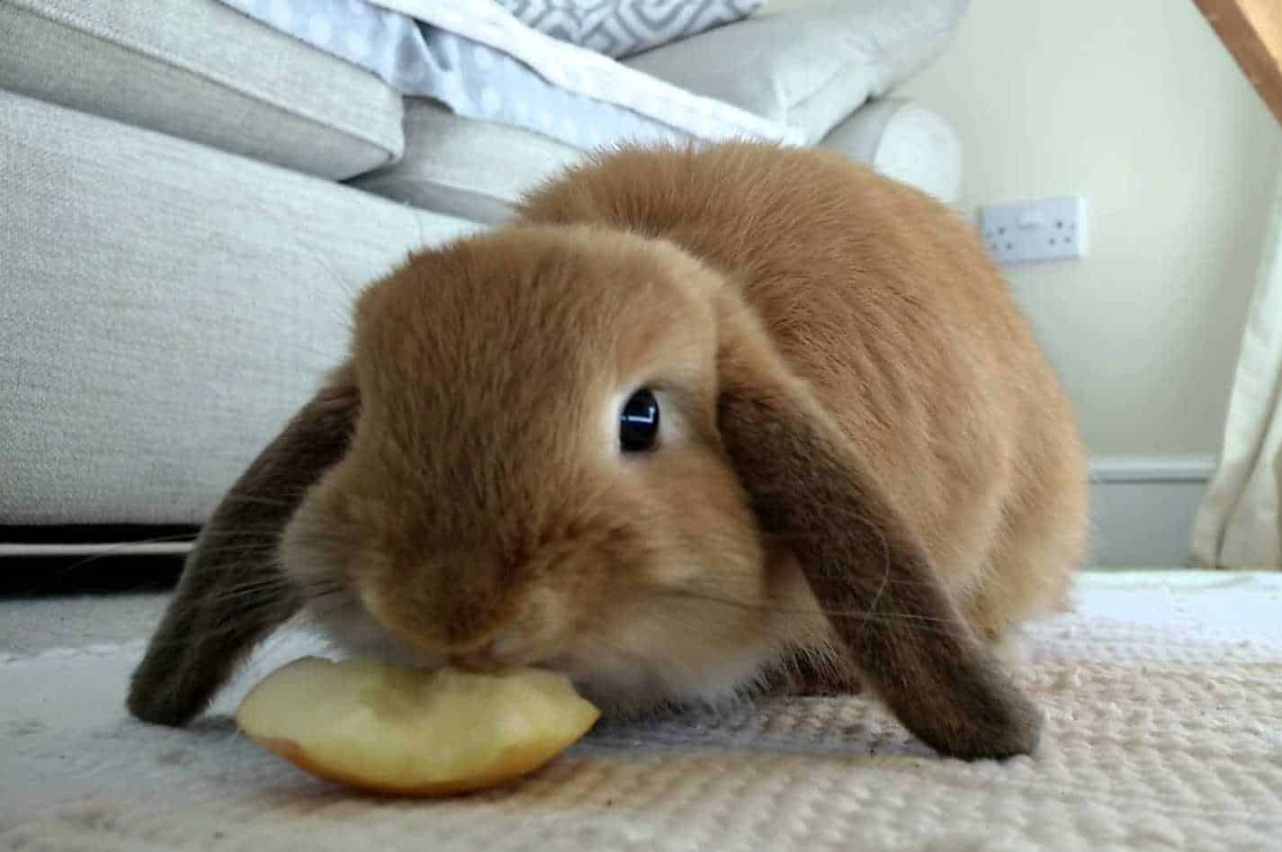Can a Rabbit Eat Potatoes?
When it comes to the diet of rabbits, it is essential to provide them with a well-balanced and nutritious meal. While rabbits are herbivores and primarily feed on hay, vegetables, and fruits, there are certain foods that can be harmful to their health. One of the common questions that arise is whether rabbits can eat potatoes. In this article, we will explore the suitability of potatoes in a rabbit’s diet and provide you with some important considerations.

Can Rabbits Consume Potatoes?
In short, rabbits can eat potatoes, but only in small quantities and under specific conditions. Potatoes should never be a staple in their diet due to the potential health risks associated with them. It’s important to remember that a rabbit’s diet should primarily consist of fresh hay, leafy greens, and a limited amount of fruits. Including a small amount of potatoes as an occasional treat may be acceptable, but it should never replace the essential components of their diet.
Considerations when Feeding Potatoes to Rabbits
- Raw vs. Cooked: Raw potatoes contain solanine and chaconine, which are toxic substances for rabbits. Therefore, it is crucial to always cook potatoes before feeding them to your rabbit. Boiling or baking potatoes can help eliminate these harmful substances.
- Small Portions: Even when cooked, potatoes should only be offered in small quantities. A couple of small potato slices or a few pieces of mashed potatoes should be the maximum amount given to a rabbit.
- Avoid Seasonings: Potatoes should be served plain, without any added salt, butter, or other seasonings. These additives can be detrimental to your rabbit’s health.
- Remove Skins: Before feeding potatoes to your rabbit, ensure that you remove all skins. The skins can be tough and difficult for rabbits to digest, potentially leading to gastrointestinal problems.
- Monitor Digestive Health: After feeding your rabbit potatoes for the first time, closely observe their behavior and digestion. If you notice any signs of discomfort, diarrhea, or changes in appetite, discontinue feeding potatoes immediately and consult a veterinarian.
Frequently Asked Questions
1. Can rabbits eat sweet potatoes?
Yes, rabbits can eat sweet potatoes in small quantities, similar to regular potatoes. However, it is important to note that sweet potatoes should be cooked and served without any seasonings or additives.
2. Are potato peels safe for rabbits to consume?
No, potato peels should never be fed to rabbits. The peels can be challenging for rabbits to digest and may cause gastrointestinal issues. Always remove potato skins before offering them to your furry friend.
3. What are the risks of feeding potatoes to rabbits?
Feeding potatoes to rabbits in large quantities or without proper preparation can lead to various health issues. Uncooked potatoes contain toxic substances that can harm rabbits, while the skins can cause digestive problems. Additionally, excessive consumption of potatoes can result in weight gain and potential nutrient imbalances.
4. Can rabbits eat cooked potato fries?
It is best to avoid feeding cooked potato fries to rabbits. The high fat content and additives used in frying can be harmful to their delicate digestive systems. Stick to plain cooked potatoes without any added oils or seasonings.
In conclusion, while rabbits can eat potatoes in small quantities, it is crucial to be cautious and follow specific guidelines. Potatoes should never replace the essential components of a rabbit’s diet, and their consumption should be limited to occasional treats. Always cook the potatoes, remove the skins, and never add any seasonings or additives. Monitor your rabbit’s health after introducing potatoes to their diet and consult a veterinarian if any issues arise. Remember, a balanced and natural diet is essential for the well-being of your furry friend.
Related Articles…
Copyright Notice:
The images displayed here are sourced from the internet, with copyrights held by respective owners. For removal of any copyrighted image, please email us.